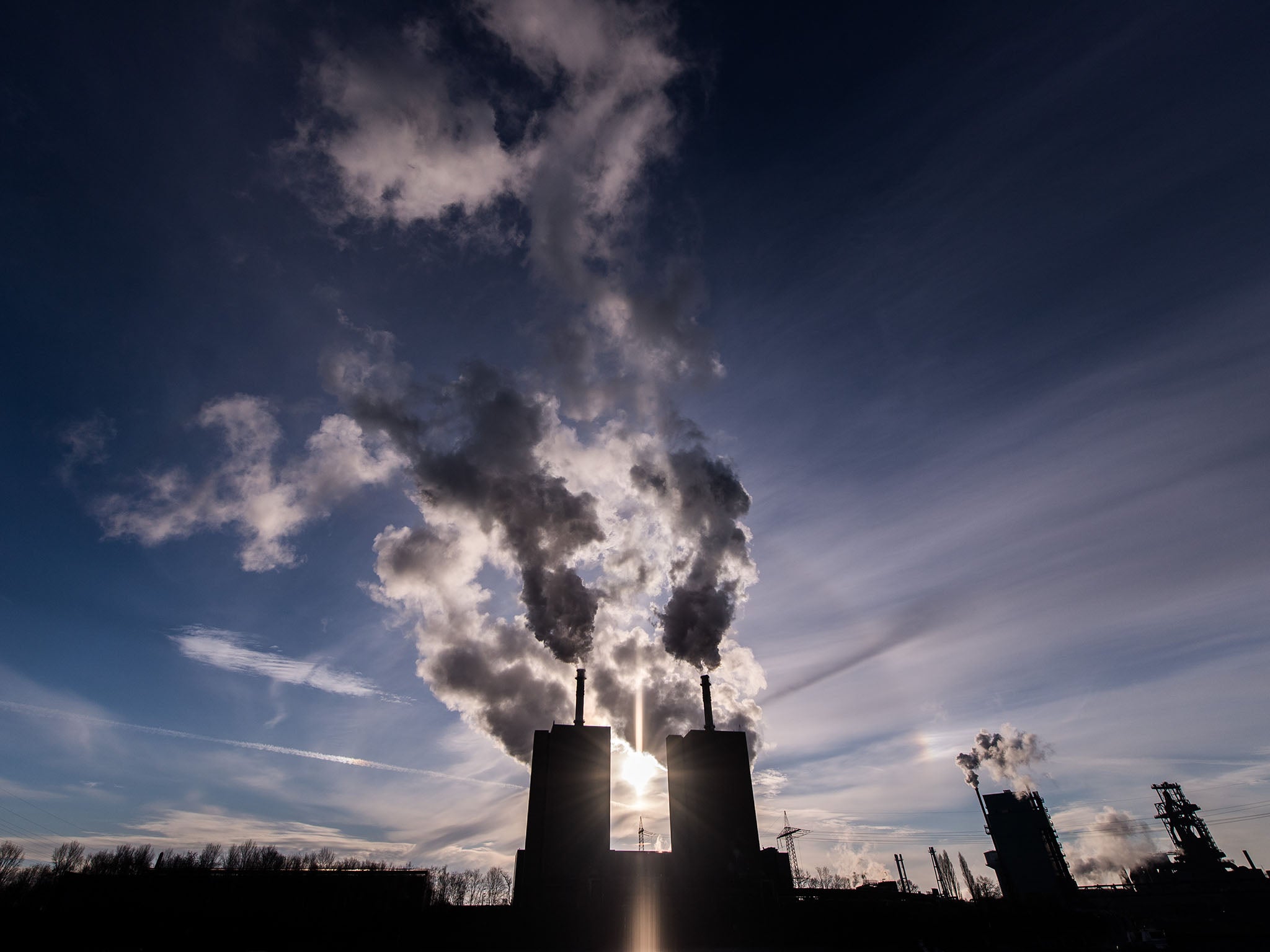Humans are causing climate to change '170 times faster than natural forces'
New equation compares astronomical and other influences over four billions years

Your support helps us to tell the story
From reproductive rights to climate change to Big Tech, The Independent is on the ground when the story is developing. Whether it's investigating the financials of Elon Musk's pro-Trump PAC or producing our latest documentary, 'The A Word', which shines a light on the American women fighting for reproductive rights, we know how important it is to parse out the facts from the messaging.
At such a critical moment in US history, we need reporters on the ground. Your donation allows us to keep sending journalists to speak to both sides of the story.
The Independent is trusted by Americans across the entire political spectrum. And unlike many other quality news outlets, we choose not to lock Americans out of our reporting and analysis with paywalls. We believe quality journalism should be available to everyone, paid for by those who can afford it.
Your support makes all the difference.Human activity is changing Earth's climate 170 times faster than natural forces, according to scientists who claim they have devised an equation that shows people are behind global warming.
According to researchers, global temperatures decreased by 0.01C per century over the last 7,000 years—the "baseline" rate. But in the last 45 years it has increased by the equivalent of 1.7C per century, and the 12 warmest years on record have come since 1998, they said.
While "astronomical and geophysical" as well as biospheric forces have driven change in the "Earth system" over its four billion-year existence, human activity has "driven exceptionally rapid rates of change" that the authors of a new study have represented in an "Anthropocene equation".
Anthropocene is the name given to a proposed new geological era in which the impact of human activity starts having a measurable impact on the environment.
Writing in New Scientist, the study's co-author Owen Gaffney said: "The rate of carbon emissions to the atmosphere is arguably the highest in 66 million years, when the (non-avian) dinosaurs slipped off this mortal coil.
"The staggering loss of biodiversity in recent decades prompted researchers in 2015 to argue that the Anthropocene marks the third stage in the evolution of Earth’s biosphere, following on from the microbial stage 3.5 billion years ago and the Cambrian explosion 650 million years ago.
"In the equation, astronomical and geophysical forces tend to zero because of their slow nature or rarity, as do internal dynamics, for now. All these forces still exert pressure, but currently on orders of magnitude less than human impact."
The risks of human impact on the biosphere includes polluted water and soils as well as a warmer climate, Mr Gaffney said.
He added: "While it would seem imprudent to ignore the huge body of evidence pointing to profound risks, it comes at a challenging time geopolitically, when both fact-based world views and even international cooperation are questioned. Nowhere has this been clearer than in the US in recent weeks."
Join our commenting forum
Join thought-provoking conversations, follow other Independent readers and see their replies
Comments